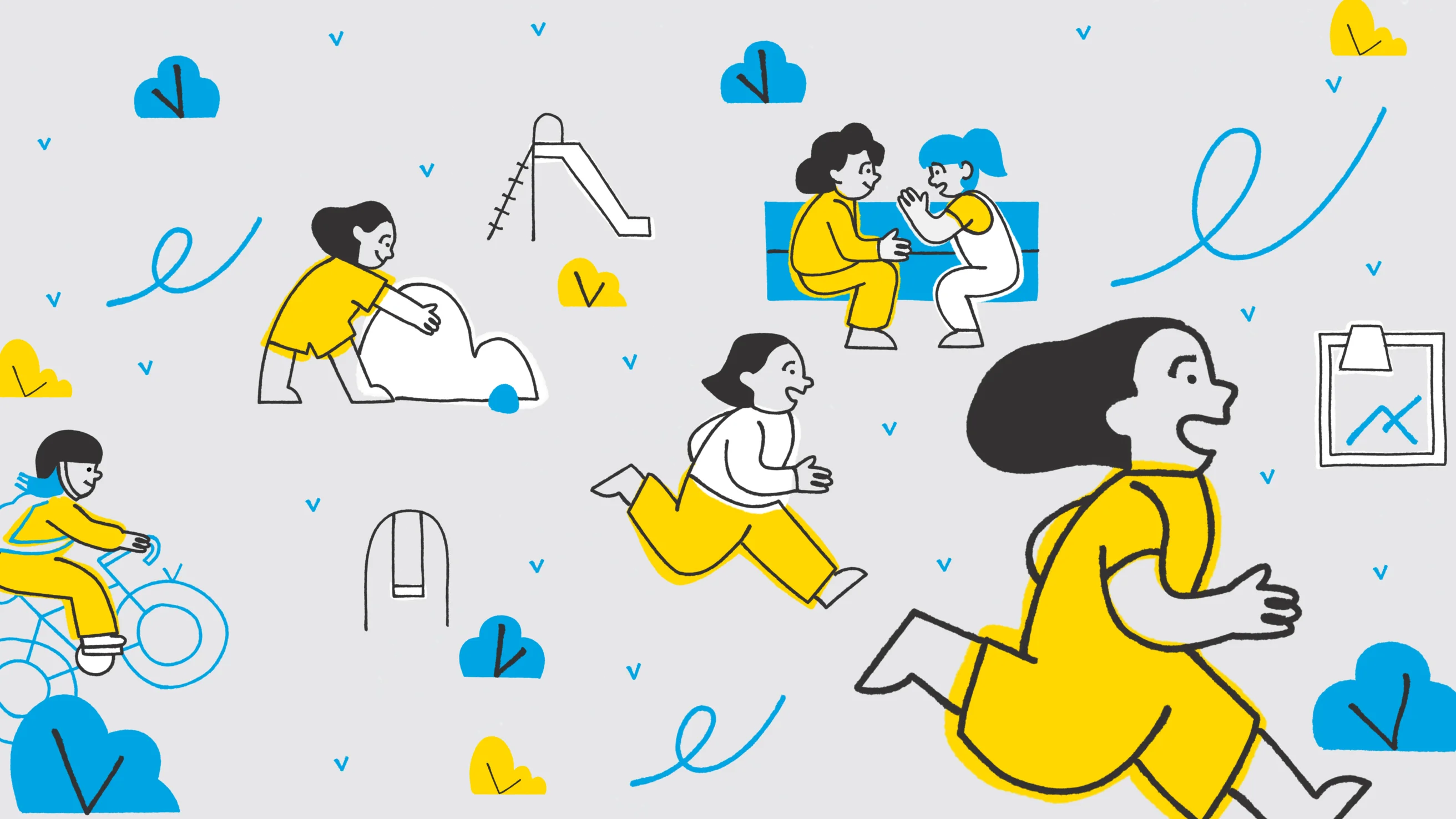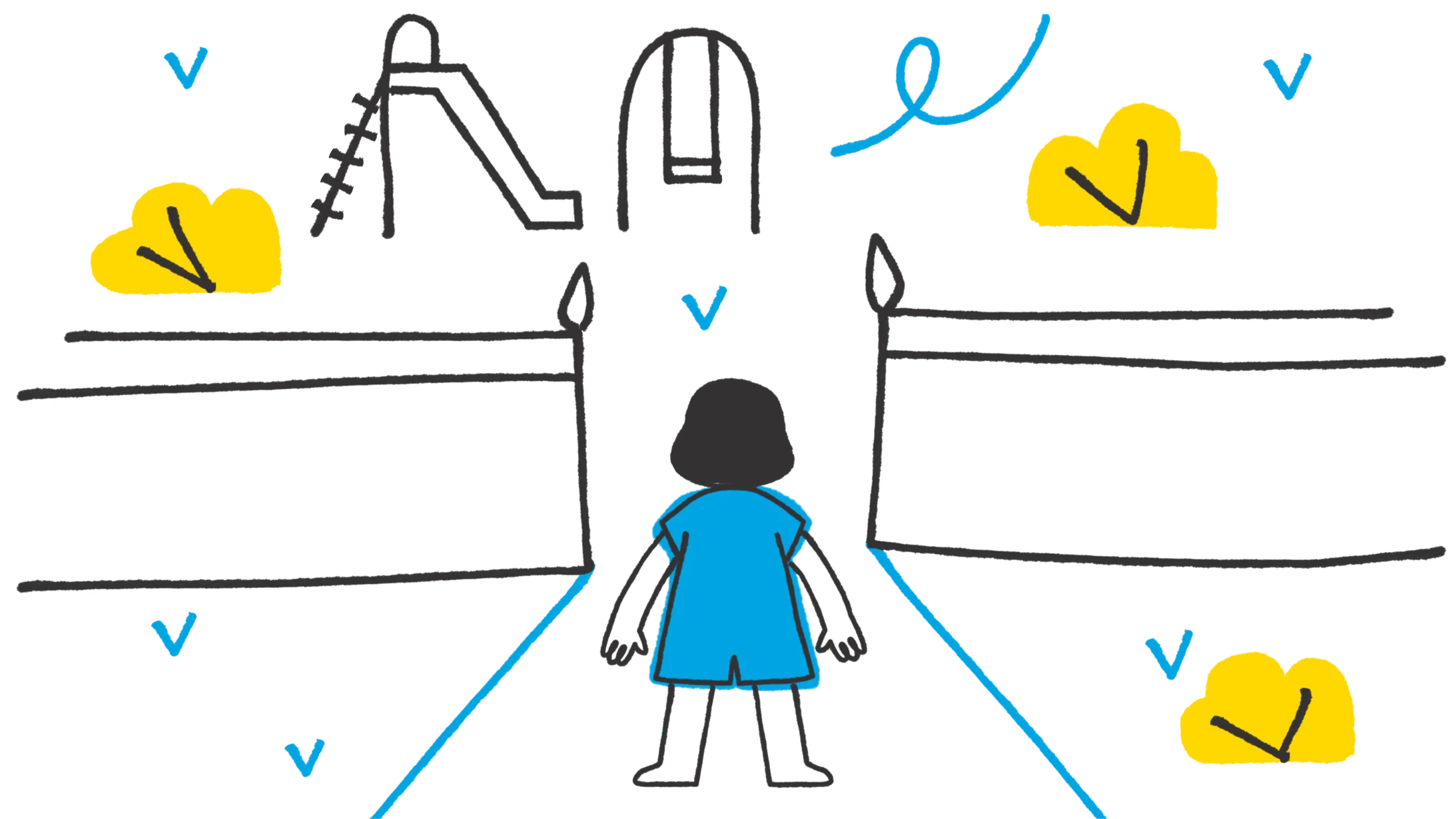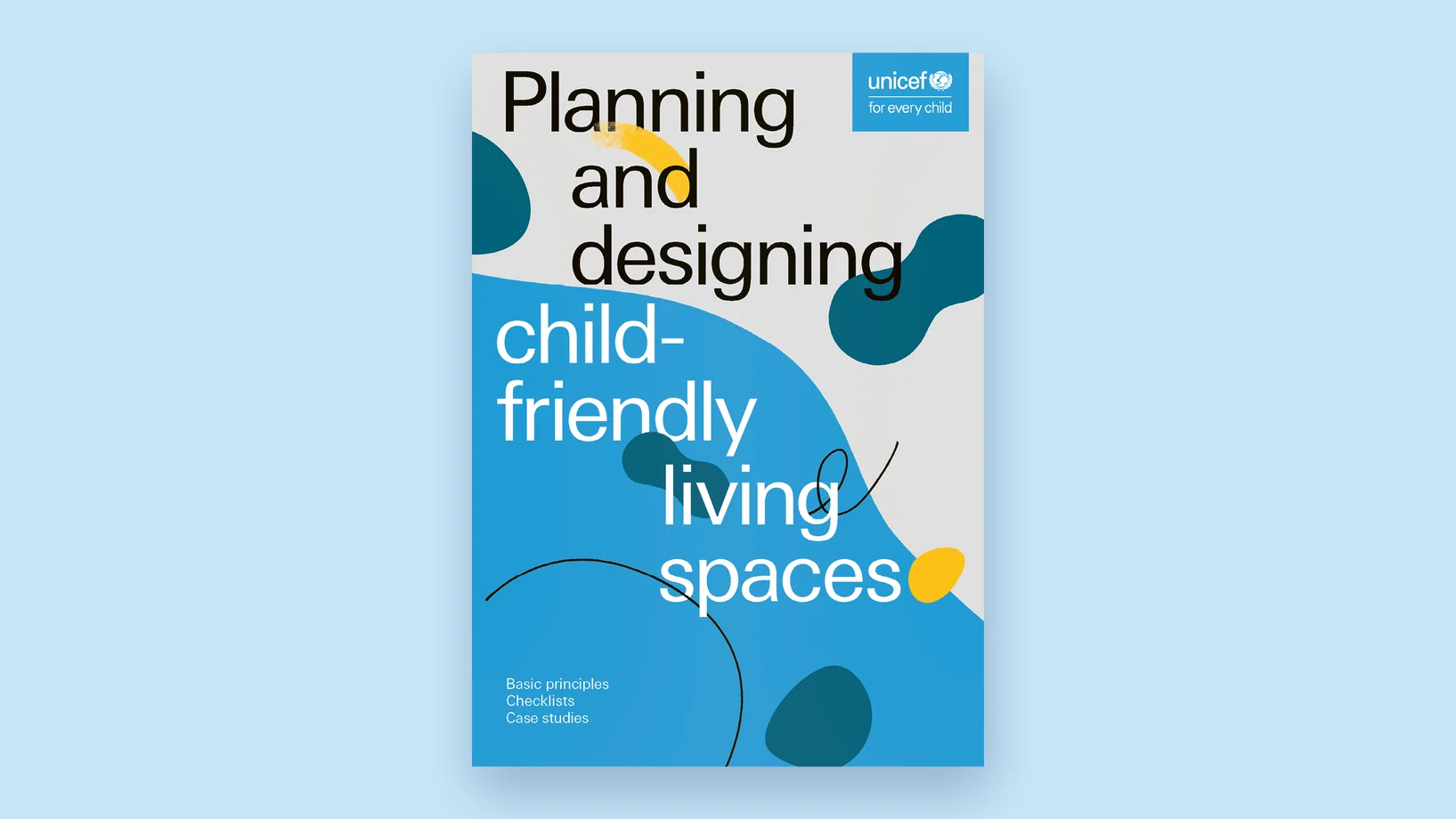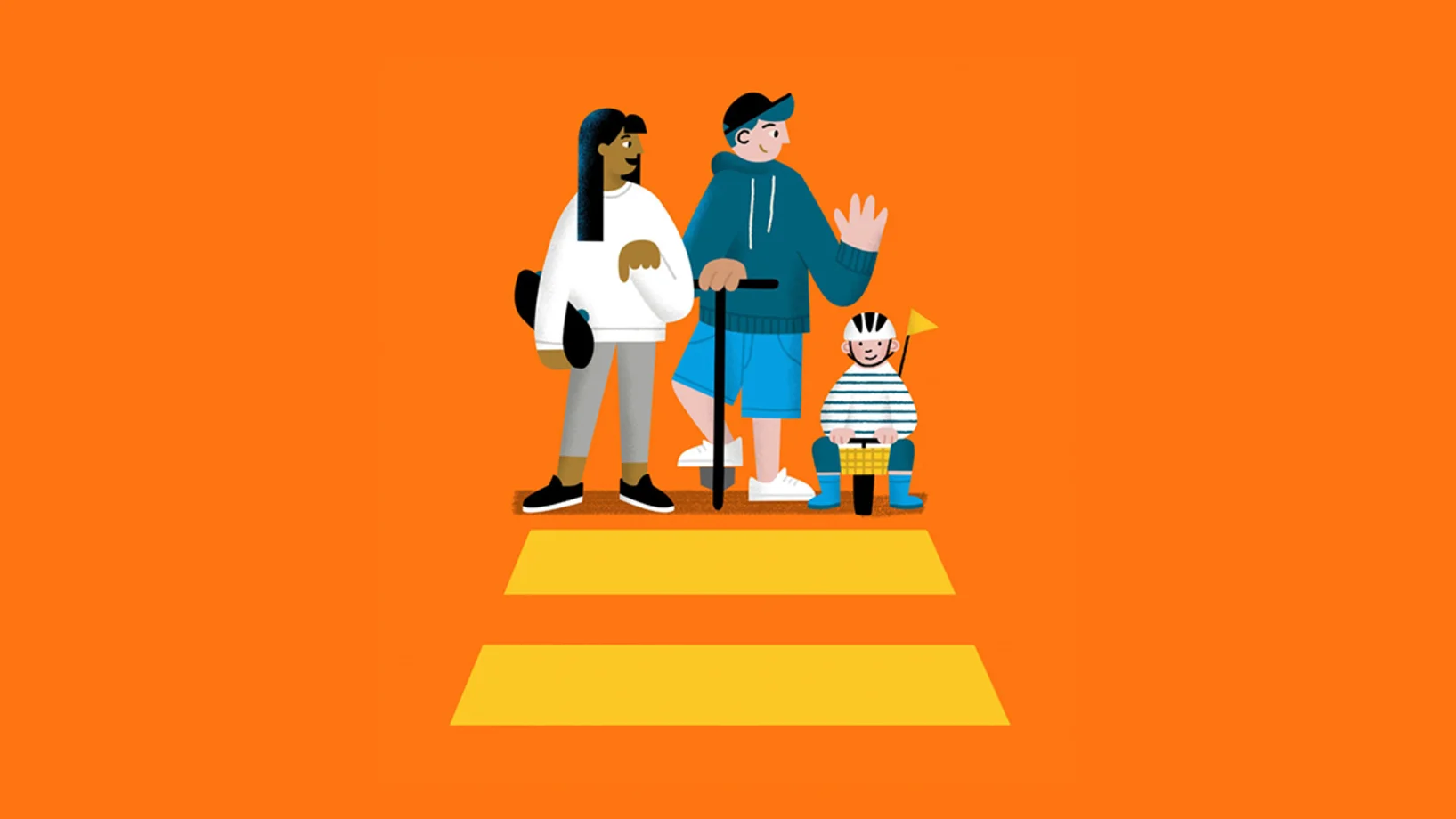For years now, UNICEF Switzerland and Lichtenstein has been working with the implementation of the «child-friendly living spaces» initiative and with the «Child-Friendly Living Spaces» specialist unit towards achieving «Child-Friendly Cities». This unit was successfully expanded and developed for years due to the support of the Paul Schiller Stiftung.
«Children are a kind of indicator species. If we can build a successful city for children, we will have a successful city for all people.»
Experiences of autonomy and identity building are key elements in a child's development. Both processes take place in environments where children live and move – spaces that they can develop and make their own. The role and responsibility of municipalities, cities, planners and other decision makers is a crucial factor in the areas of children's and young people's lives.
Children's everyday lives and the spaces that arise in them change constantly. Today, fewer and fewer children have the opportunity to explore their environment on their own initiative, to make their mark – whether by forays into their local district or by spontaneous play and conquering niches with friends. Instead, their everyday lives are increasingly spent in a context that is subject to educational guidance, often coupled with a shift into interior spaces. This has an impact on children's and young people's development.
«To be a child means to learn to orientate yourself in space and time, to acquire space and time and to identify with space and time.»
In the «child-friendly living spaces» field of competence, UNICEF Switzerland and Liechtenstein advocates free spaces that can be acquired individually and autonomously, allow a lot of social and natural interaction and are created with the involvement of children and young people. Discovering things, personally playing an active role and experiencing self-efficacy in the process teaches our children and makes them strong. «Child-friendly living spaces» offer an important learning and development area for children and young people, and contribute to children's ability to exercise their rights as guaranteed by the UN Convention on the Rights of the Child. UNICEF champions the development and maintenance of «child-friendly living spaces» by raising awareness, networking opportunities, special events, studies and publications.
«Planning and designing child-friendly living spaces» guide
The «Planning and designing child-friendly living spaces» guide, published in April 2020, is aimed at all professionals with an influence on children's and young people's areas of life. The main part of the book is supplemented by specific modular checklists for professionals from the fields of spatial planning, construction, politics, education, child protection, health and social affairs and for civil society.
The third part of the guide consists of an online collection of case studies from various actors and municipalities that cover different aspects of and criteria relating to «child-friendly living spaces».
Public Spaces for All: The Importance of Child-Friendly Transportation Planning
As soon as a child leaves the house or flat, it is almost always on a road. Traffic has an enormous impact on the growth and development of children and young people. Exhaust fumes, noise and a confusing hustle and bustle in places with a high volume of traffic have a negative impact on their well-being. In addition, children and young people have to constantly focus on safety aspects on busy roads so as not to endanger themselves and others. Such a reality of life is in stark contrast to residential and recreational situations with low traffic volumes and many natural and green spaces.
In the publication “Child-friendly traffic space: Requirements for designing child-friendly public spaces and practical recommendations”, UNICEF Switzerland and Liechtenstein shows what must be done to make public spaces safer and more accessible for all children and young people. It identifies the existing challenges and outlines practical courses of action. The publication is supplemented good-practice examples from various communities in Switzerland and Liechtenstein.
Conferences
Contact person
Mona Meienberg
Head of Child Friendly Community and City Development
UNICEF Schweiz und Liechtenstein
Pfingstweidstrasse 10
8005 Zürich
Telephone: +41 (0)44 317 22 71
email: m.meienberg(at)unicef.ch




